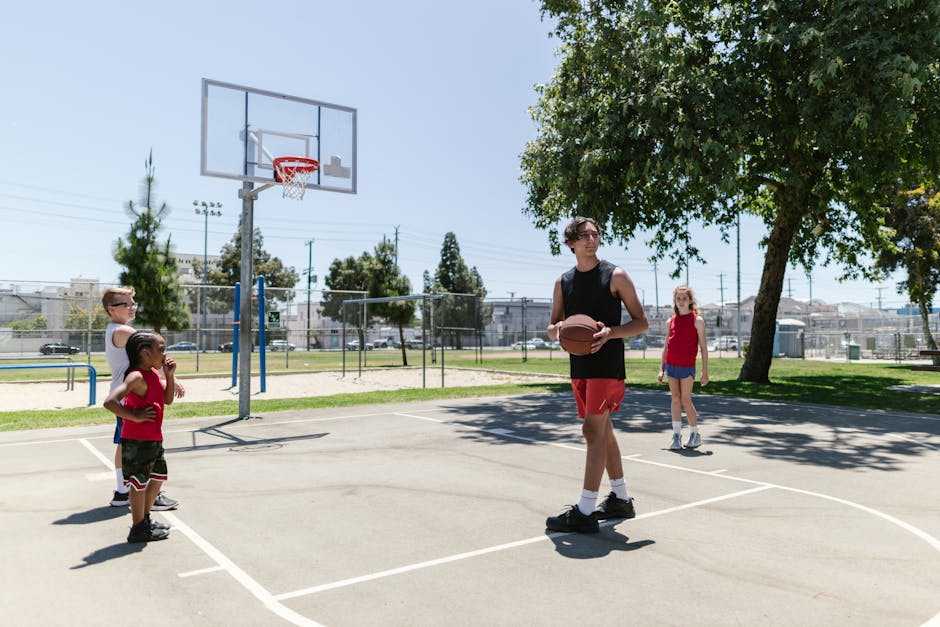Navigating peer pressure can be a challenging aspect of a child’s development. As a parent, I understand the importance of providing the right support and guidance to help our children make confident and independent choices. In this article, I’ll share valuable insights on how to empower your child to navigate peer pressure effectively.
It’s crucial to create an open and supportive environment where your child feels comfortable discussing their experiences with you. By fostering strong communication and trust, you can equip them with the tools to handle peer pressure situations with resilience and confidence. Join me as I explore practical strategies and tips to help you support your child in navigating the complexities of peer influence.
Understanding Peer Pressure
When it comes to understanding peer pressure, it’s essential to recognize its impact on children’s behavior. Peer pressure refers to the influence that peers can have on individuals, pushing them to change their attitudes, values, or behaviors to conform to those of the group. It plays a significant role in shaping how children interact with their peers and make decisions.
What Is Peer Pressure?
Peer pressure is the social influence exerted by peers on individuals to adopt certain behaviors, attitudes, or values. It can be either positive or negative, influencing children to conform to the norms of their peer group. Positive peer pressure encourages constructive behaviors like academic achievements, participating in sports, or engaging in community service. On the other hand, negative peer pressure can lead to risky behaviors such as substance abuse, bullying, or skipping school.
Signs Your Child May Be Experiencing Peer Pressure
As a parent, it’s crucial to be aware of the signs that indicate your child may be experiencing peer pressure. Some common signs include sudden changes in behavior or attitude, reluctance to discuss their social life, abrupt changes in friend groups, or engaging in activities that go against their core values. Observing these signs can help you identify when your child might be under the influence of peer pressure and may need your support and guidance.
Strategies to Help Your Child Navigate Peer Pressure
Teaching Decision-Making Skills
I’ll emphasize the significance of teaching decision-making skills early on to equip children with the tools they need to make informed choices when faced with peer pressure. Encouraging them to think critically about potential consequences can empower them to stand firm in their beliefs.
Building Self-Esteem and Confidence
Fostering a positive self-image and building confidence in children can act as a shield against negative peer pressure. By reinforcing their strengths and capabilities, parents can help instill a strong sense of self-worth, enabling children to resist influences that do not align with their values.
The Role of Parents and Guardians
As a parent, I play a crucial role in helping my child navigate peer pressure effectively. By creating an open communication environment and knowing when to seek professional help, I can empower my child to make confident choices.
- Creating an Open Communication Environment
I prioritize fostering open communication with my child to understand their challenges and concerns. By actively listening and engaging in non-judgmental conversations, I build trust and encourage them to share their experiences. This open dialogue allows me to provide support, guidance, and reassurance while helping my child navigate peer pressure with confidence.
When to Seek Professional Help
I acknowledge that there are times when peer pressure can significantly impact my child’s well-being and behavior. In such instances, I remain vigilant for signs of distress or sudden changes in behavior that may indicate a deeper issue. If I notice persistent and concerning behaviors despite my support, I am ready to seek professional help from counselors, therapists, or mental health professionals. Prioritizing my child’s mental and emotional well-being is essential in ensuring they receive the necessary support to overcome the challenges posed by negative peer influences.



